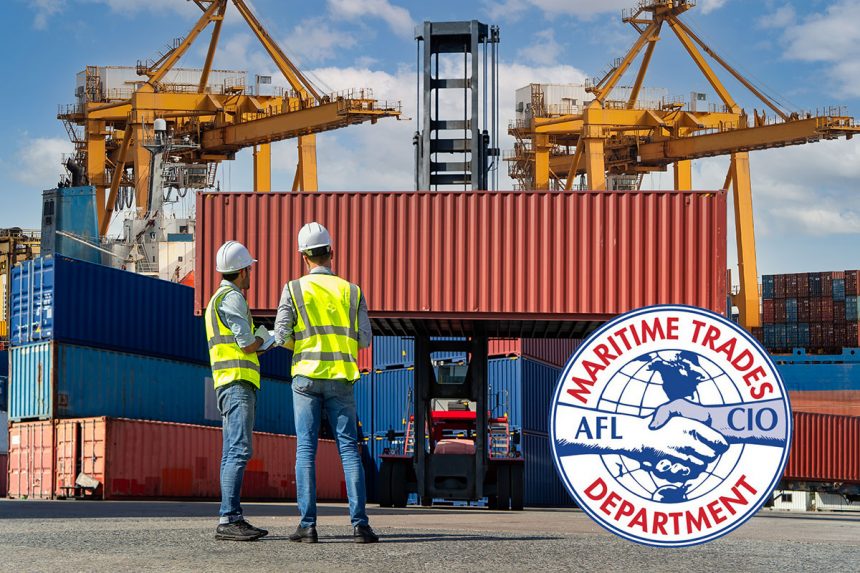After years of struggle and negotiations, the Maritime Labor Convention 2006 (MLC) is set to become law next year.
The MTD has worked with the International Labor Organization (ILO) and the International Transport Workers’ Federation (ITF) to garner support from the United States and Canada since the ILO adopted it unanimously in 2006. While Canada has become a signatory nation, the U.S. still has not even though American representatives were involved in crafting the document.
The convention, which the London-based ITF has called a “bill of rights for seafarers,” required two items before it could be implemented:
1) The signatory nations represent 33 percent of the world’s gross shipping tonnage (which was accomplished in 2009), and
2) A minimum of 30 ILO member countries ratify the MLC. This happened when Russia and the Philippines became the latest additions.
David Heindel, who chairs the ITF Seafarers’ Section, stressed the MLC will be “a genuine agent for real change. It has the potential to make a real difference to all seafarers, regardless of nationality or the flag of the ship on which they serve. Its entry into force will be the culmination of over 10 years of collective effort by the ILO social partners.”
The convention is designed to benefit both mariners and shipowners. It protects traditional maritime countries from the abuses of nations that permit substandard shipping. It includes an employment agreement between the seafarer and the shipowner for guaranteed shipboard conditions, monthly pay in full, a limit on hours worked during a 24-hour period as well as a seven-day duration, medical care and other concerns.
Heindel, who is the secretary-treasurer of the MTD-affiliated Seafarers International Union, added, “At last, we will have a ‘one stop shop’ for labor standards which we are confident will be genuinely implemented and enforced on a global basis.
“It means that all seafarers should soon be able to enjoy comprehensive protection of their fundamental rights. It also means good employment practice across the industry so that responsible employers, as represented by the International Shipping Federation (ISF), are not disadvantaged by the irresponsible minority.”
Adding credence to Heindel’s comments was ISF Labor Affairs Committee Chair Arthur Bowring: “The convention is a result of tripartite negotiation over a lengthy period, which means that the labor standards which we have all agreed can be supported by governments, shipowners and seafarers giving us a uniform global framework of sound employment standards that is required of both shipowners and seafarers.”
ILO Director General Juan Somavia declared the convention’s ratification “great news. It was a dream of the ILO as early as 1920, and I pay tribute to the international maritime community for having made it a reality.”
The MLC was written with a one year implementation date after ultimate ratification so flag-states would have time to adopt the new laws. The convention replaces 37 existing ILO maritime conventions and related recommendations, some of which having been in place since 1920. Nations like the U.S. who have not ratified the accord still may do so.
Putting ratification into a larger historical perspective, Heindel noted, “The shipping industry is almost certainly unique in having such a comprehensive global framework of employment standards, which is supported on all sides. While there will be lot to do to ensure that the standards are properly enforced in a year’s time, I think this is a moment when all concerned can take credit for what has been achieved by the adoption of the MLC, and the really tangible benefits that this will bring both to shipowners and the seafarers they employ.”

